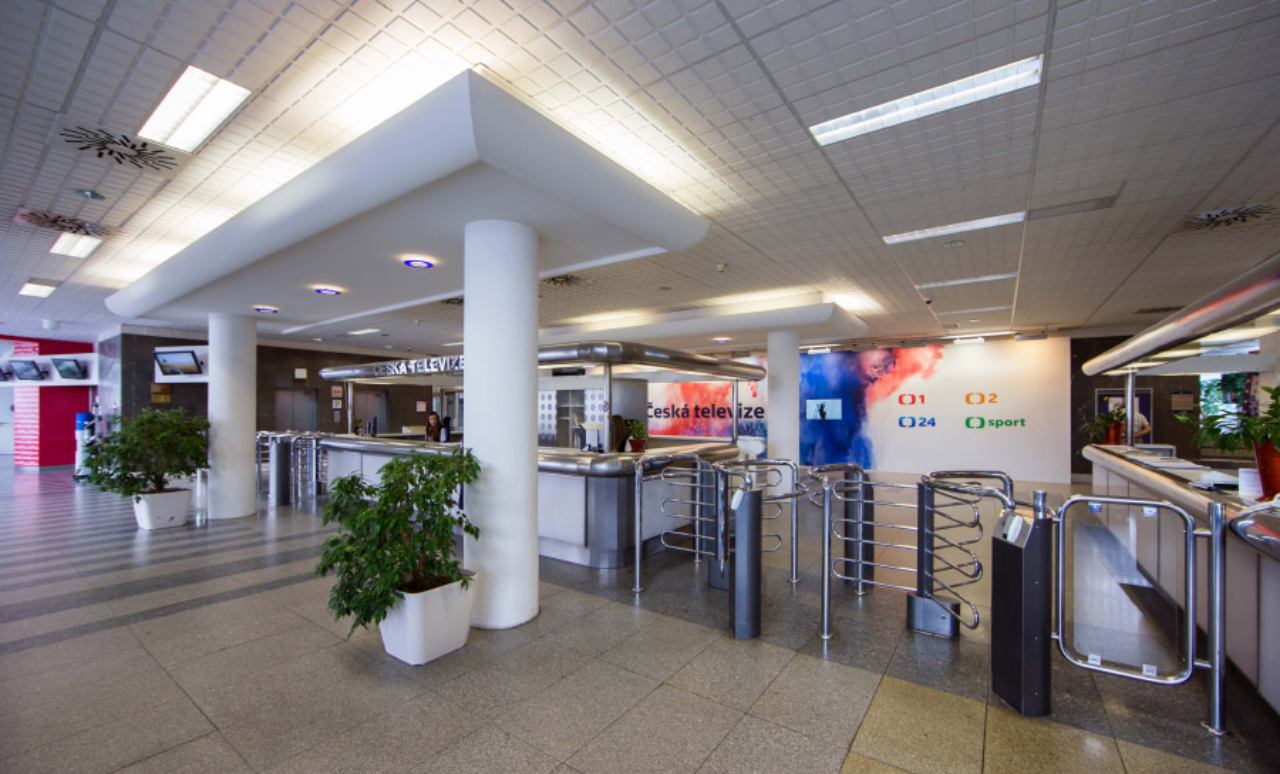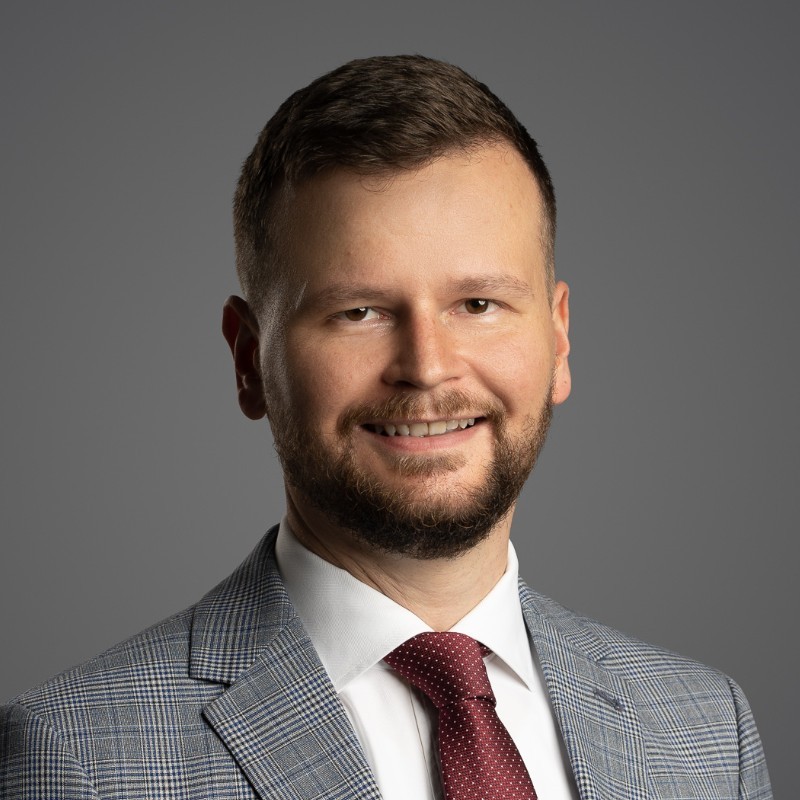
Future of Czech public broadcasting to be defined in new five-year frameworks
In the latter half of September, the operational boundaries for Czech Television and Czech Radio will be precisely defined as both public service broadcasters must submit and approve new public service memorandums. Mandated by a law enacted in May of this year, these documents will establish the framework for their activities for the next five years, until 2030. The memorandums are intended to allow for more effective oversight and evaluation of the public broadcasters' performance while maintaining a fair balance within the broader media market.
The timeline for approval is tight. Czech Television's Director General, Hynek Chudárek, is set to submit the final version of the memorandum to the Czech Television Council by Friday, September 12. The council, which serves as a public oversight body, will then debate the proposal at a public meeting on Wednesday, September 17. A similar process is underway at Czech Radio, whose council will hold its public meeting to discuss its memorandum one week later, on Wednesday, September 24.
Once approved by their respective councils, the documents will be sent to the Ministry of Culture, where the minister will add a symbolic signature as the guarantor of media legislation. The memorandums are binding; should the directors general fail to adhere to their terms, the oversight councils have the authority to remove them from their posts.
The two institutions have taken different approaches to drafting these crucial documents. Czech Television prepared its memorandum without direct public participation, consulting primarily with commercial television market stakeholders, publishers, and professional associations. In contrast, Czech Radio, after initial discussions with commercial competitors, launched a broad public consultation campaign to gather input from its listeners and license fee payers. This included moderated in-person meetings at regional studios and an online questionnaire that was available until the end of August.
Preliminary versions have already been reviewed. Hynek Chudárek of ČT confirmed he submitted a working draft to both the council and the Ministry of Culture for feedback. He noted a shift in communication, now prioritising dialogue with the ministry over the Association of Commercial Televisions, as the ministry is the official co-signing party. "I know that the Deputy Minister is negotiating with the Association of Commercial Televisions, so their requirements are being incorporated there," Chudárek stated.
Discussions around the content of ČT's memorandum have reportedly included setting a cap on spending for sports broadcasting rights, differentiating content on its streaming service iVysílání between registered license fee payers and other users, and potentially freezing the total number of its television channels.
Meanwhile, Czech Radio's public engagement has yielded significant feedback. Director General René Zavoral reported that over 10,600 people completed the questionnaire. "We have never conducted a survey on such a large sample," he said.
Zavoral shared preliminary findings with the Czech Radio Council, highlighting the most frequent public demands. "One of the strongest demands is the absolute independence of Czech Radio from any power, be it political or economic," he said, noting this was linked to calls for objectivity and balance, including in coverage of international conflicts like the one in Gaza.
Other key themes from the public included the need for the broadcaster to verify information from independent sources, promote media literacy, and enhance society's resilience to crises. Listeners, particularly those over 60, emphasized the importance of supporting Czech culture, artists, and national identity.
There was also a strong call for more humor and satire, genres Zavoral admitted the broadcaster had "somewhat resigned from." Finally, the public expressed a high demand for more interactive discussion programs, a goal Zavoral hopes to fund with a planned increase in radio license fees. A full report on the public consultation will be presented to the council before the final vote.

